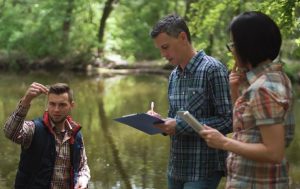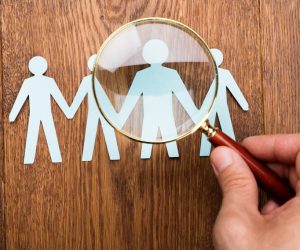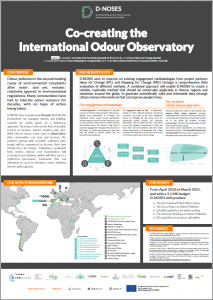As digital technologies reach more people and make advanced tools more accessible, Citizen Science has increasingly been used to address practical problems affecting communities, with a particular focus on environmental issues. D-NOSES believes that citizen science, given the appropriate methods, can and should be taken seriously at a scientific as well as policy level.
#realScience-realData #citizenscience
Citizen science (CS) can have many different definitions, but in general is described as scientific work undertaken by public volunteers in collaboration with professional scientists or scientific institutions. This collaboration may only involve data collection, but may go as far as participation in the study design, data analysis and dissemination of results. With a large network of volunteers, large scale distributed scientific experiments and data collection can become feasible, at vastly reduced costs. This makes science more accessible to the public, communities and institutions working for the public benefit, which makes CS it a natural companion to Principle 10 of the Rio Declaration.
Scientific methods rely on controlled measurement techniques by which scientists can assure the validity of the data. Without valid data, there can be no valid conclusion. It is then understandable why the more traditional science establishment has been reluctant to embrace the concept of citizen science, in which data is contributed by regular citizens, untrained in the rigorous art of data collection. While this may be a valid concern, there are several common strategies that promote research integrity.
From an internal point of view, many independent observations that agree with each other can be taken as confirmation of the observation. In individual cases, observations may also be tested through sampling by arranging an independent, trusted observer to validate the recorded observations. Thus, the experiment and methodology can be designed to ensure that valid data is gathered and accommodate for a range in volunteer accuracy.


From an external point of view, the commitment of most citizen science projects to openness and transparency, and in the case of publicly funded projects this is a legal requirement, means that the data produced is available for anyone to analyse and verify if so desired. So, during data collection, experiment leaders and participants know that their data can, and will, be easily dismissed if they do not take care to exercise due caution when collecting information.
In any case, studies have shown that citizen science projects can and have produced high quality and reliable datasets, even at the same level as professional scientists when managed properly. Further, any bias found in the data is not demonstrably larger or particularly different from bias found in regular scientific datasets and can be adequately accounted for through statistical means.Therefore D-NOSES will use citizen science and help create the methods and toolkits that will enable future practitioners to produce valuable data for the benefit of society, science and the environment.
Get involved!
To learn more, get involved or ask for help, please contact us through the website contact form.
